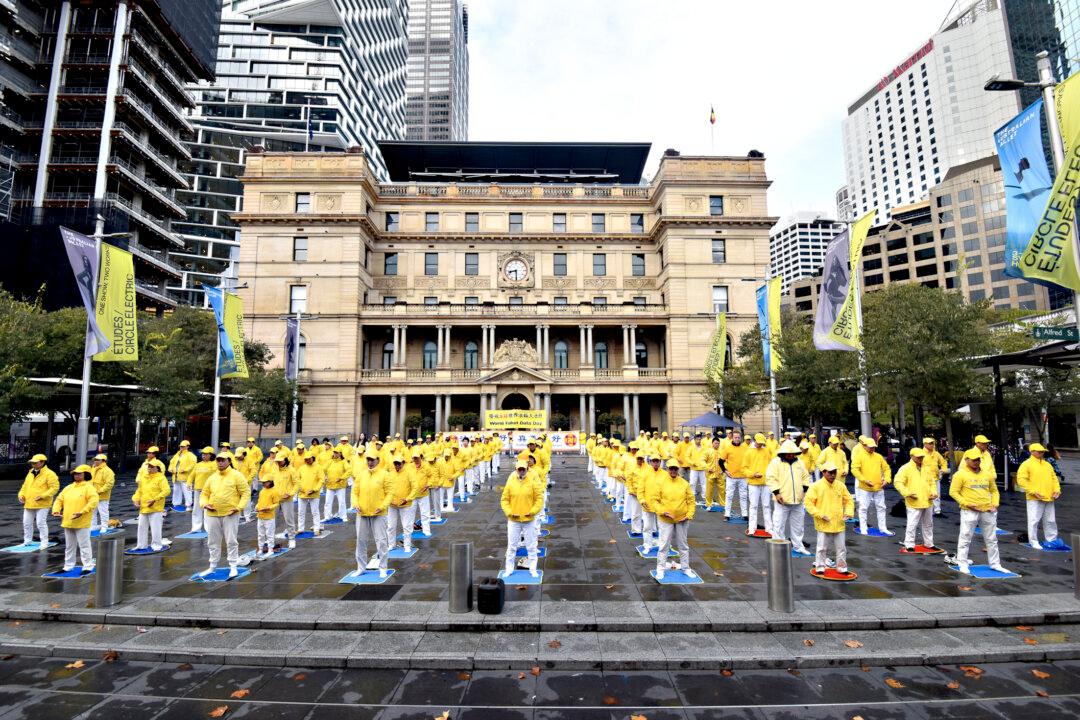The financial services union has compelled Australia’s largest bank to face the workplace umpire after trying to change its work-from-home arrangements.
The Commonwealth Bank (CBA) must front up to a Fair Work Commission hearing after the Finance Sector Union (FSU) filed its dispute on July 12.
Management had notified their 49,000 employees that they needed to “return to office” by July 17 for at least 50 percent of their working time.
“The COVID-19 pandemic proved that remote work is a sustainable model and this is convenient for vast numbers of workers,” she added.
Ms. Angrisano said CBA employees had complained that returning to the office would cost them more money and time because of commuting, as well as interfere with their family lives.
Flexible Work Remains Available, CBA Says
In response, CBA management has refuted suggestions it did not consult staff.“Staff were advised of the new monthly in-office approach in May and have had two months to talk to their manager about the arrangements that will balance the needs of our customers, their teams, and their own personal needs,” a CBA spokesperson said.
“CBA respects and adheres to the terms of our 2020 Enterprise Agreement and those matters that require consultation.”
He said the bank also met with the FSU last month for a “cordial discussion” about hybrid working and provided a written response.
“Flexible working options remain available, as they always have, and we’ll continue to give consideration to our people who require more tailored arrangements to suit their individual circumstances and in line with our enterprise agreement obligations.”
The bank also confirms the change is to “formally start on Monday,” highlighting the fundamental role of “connection” and “the ability to build and strengthen relationships” in the workplace.
Businesses Keen to See Workers At the Office, Unions Resisting
The dispute comes as major businesses continue calling on staff to return to the office while younger employees, in general, express a reluctance to return to pre-COVID arrangements.CEO Ross McEwan of the National Australia Bank (NAB) asked senior leaders to return to the bank’s headquarters five days a week to set an example for the staff or be prepared to leave the business.
“NAB is a relationship bank and those relationships are best delivered face-to-face.”
While conceding that working from home can be successful in most cases, he is worried younger workers may miss out on mentoring from more experienced colleagues.
In contrast, unions have fought to maintain the new status quo.
CPSU National Secretary Melissa Donnelly said the new rights were “significantly improved” and “enforceable.”





